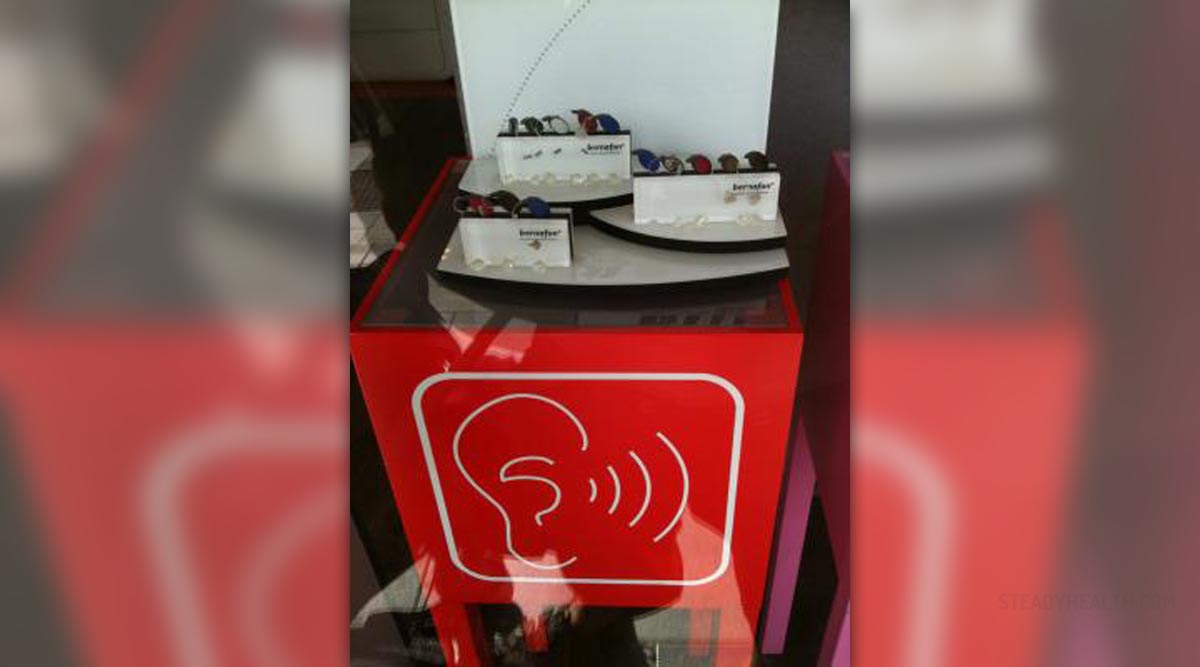
Hearing aidsare devices designed to help people dealing with loss of hearing. These devicesare able to help patients suffering from temporary or permanent damage to thehearing, to percept the speech and hear many other sounds around them.
People withmild to moderate hearing loss, especially in both ears are those who should usehearing aids. Also, if there is some communication problems caused by the lossof hearing, patients are advised to use hearing aids. These are not devicesrecommended for people who suffer from minor hearing problems, and they won’tbe of much help to someone with a severe loss of hearing, too. Therefore, wearinghearing aid makes some sense if you have mild hearing loss. For more difficultcases, doctors usually suggest BAHA (bone anchored hearing aid) or cochlearimplants, depending if the problem persists on one or both ears.
Hearing AidTypes
Every hearingaid should enable the patient, who is wearing it to hear the speech correctly. Also,it should not catch too much of the background noise or be too loud. At thesame time, the device should provide both audible and physical comfort and becosmetically acceptable. It should be of reasonable price and its sizeshould be adjusted to the ability of the patient to manipulate small objects with his orher hands.
There aremany types of hearing aids. Some of the most common include: hearing aids wornon the body, behind the ear (BTE) or in the ear (ITE). There are also hearingaids with receiver in the canal/ear or mini canal, and those which remaininvisible in the canal. Additional types of hearing aids can be: extended wearhearing aids, open-fit, programmable, disposable and BAHA devices, as well assome eyeglass hearing aids.
How to ChooseHearing Aid
Hearing aidis selected after some hearing tests or audiometric evaluation, which candiagnose the type, degree and frequency slope of the hearing problem. Thisevaluation is also very helpful to estimate the benefits the patient shouldhave from some hearing device. There is also some otologic evaluation, used toestablish the possibility of some medical or surgical therapy, because about 5to 10% of all hearing problems can be sort out either medically or surgically.
Before youbuy the hearing aid, you should get medical clearance, just to be sure thatthis hearing problem is not associated with some other disease or disorder. Afterthat, look for licensed doctor, audiologist or hearing aid dispenser topurchase hearing aid.





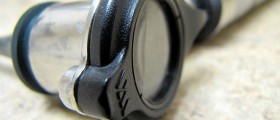
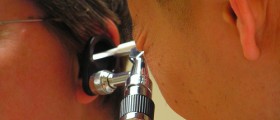




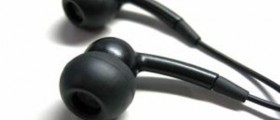
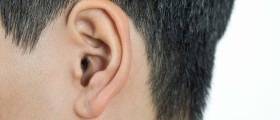
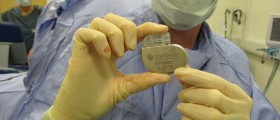

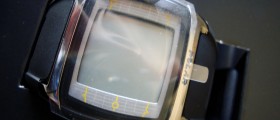

Your thoughts on this
Loading...